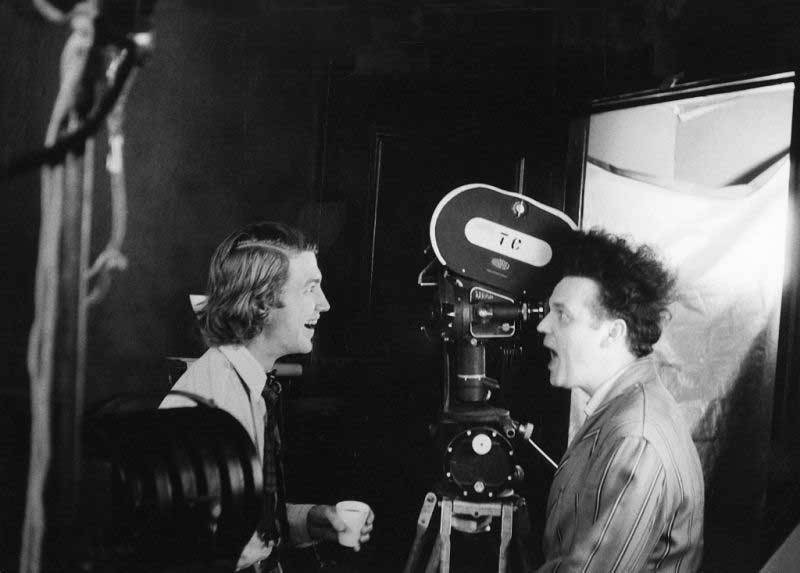In the pilot episode of Twin Peaks, David Lynch masterfully captures the mundane rhythms of everyday life in a high school. A girl sneaks a smoke, a boy is summoned to the principal's office, and a teacher takes attendance. The scene shifts dramatically when a police officer enters the classroom and whispers to the teacher, prompting a scream and the sight of a student running across the courtyard. The teacher struggles to hold back tears, and the camera focuses on an empty seat, signaling the devastating news: Laura Palmer is dead. This moment encapsulates Lynch's signature style—peeling back the veneer of normalcy to reveal the unsettling undercurrents that lurk beneath.
David Lynch's work is renowned for its ability to capture the surface-level details of life while simultaneously exploring the hidden, often disturbing elements beneath them. This duality is a hallmark of his career, yet defining a single "definitive" David Lynch scene is challenging due to the breadth of his work over four decades. Each fan might point to different moments, from the eerie dreamscapes of Eraserhead to the surreal twists of Mulholland Drive. The term "Lynchian" captures this elusive, dream-like quality that has made Lynch a legendary figure in cinema and television.
Lynch's impact is profound, not just in his own films but in the new adjective "Lynchian," which signifies something unnerving and surreal. Unlike terms like "Spielbergian" or "Scorsese-ish," which refer to specific stylistic elements, "Lynchian" evokes a broader, more disorienting experience akin to "Kafkaesque." This term reflects Lynch's unique ability to create a sense of unease and fascination that resonates with audiences in varied ways.
Lynch's films often serve as rites of passage for film enthusiasts, as seen when Scott's teenage son and his girlfriend independently began watching Twin Peaks, reaching the Windom Earle era of Season 2. This timeless appeal is evident in Twin Peaks: The Return, where Lynch blends nostalgia with his characteristic surrealism. The series features a child's bedroom styled like it's from 1956, juxtaposed with a dystopian narrative involving clones and violence, showcasing Lynch's refusal to conform to Hollywood's nostalgia-driven trends.
Even when Lynch worked within conventional Hollywood frameworks, as with Dune, his unique vision shone through. Despite the film's troubled production, documented in Max Evry's book A Masterpiece in Disarray, Lynch's version retained his signature imagery—from the bizarre cat/rat milking machine to the unsettling atmosphere. Similarly, The Elephant Man combines emotional depth with historical disquiet, embodying the "Lynchian" ethos in its portrayal of John Merrick's life.
Lynch's influence extends beyond his films, as seen in works like Blue Velvet, which starts as a noir but delves into a surreal underworld beneath a Norman Rockwell-esque facade. This film, along with others, reflects a mid-century Americana tinged with surrealism, a theme explored further in documentaries about Lynch's inspirations, such as The Wizard of Oz.
Lynch's impact is evident in contemporary cinema, from Jane Schoenbrun's I Saw The TV Glow, inspired by Twin Peaks, to Yorgos Lanthimos's The Lobster, which examines societal norms with a Lynchian twist. Other filmmakers like Robert Eggers, Ari Aster, David Robert Mitchell, Emerald Fennell, Richard Kelly, Rose Glass, Quentin Tarantino, and Denis Villeneuve have all drawn from Lynch's well of surrealism and otherworldliness.
David Lynch's legacy is not just in his films but in the ongoing influence he exerts on new generations of filmmakers. His work invites viewers to look beyond the surface, to find the "Lynchian" elements that challenge and captivate. As we continue to explore cinema, Lynch's impact remains a touchstone for those seeking to understand the unsettling beauty that lies just beneath the everyday.

















